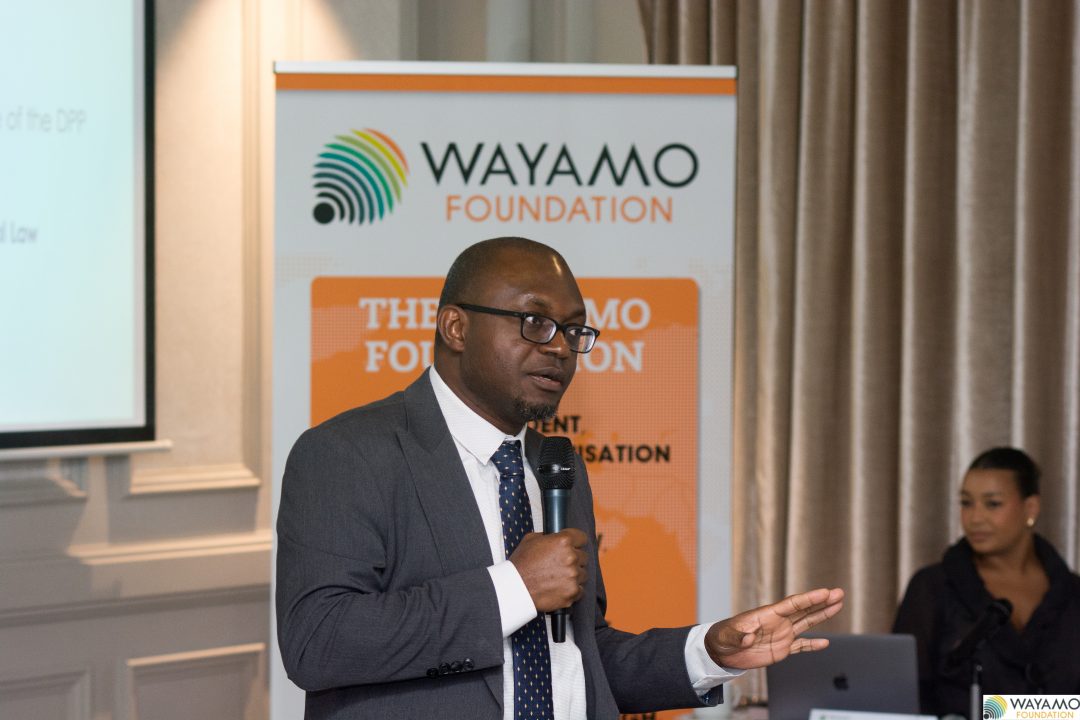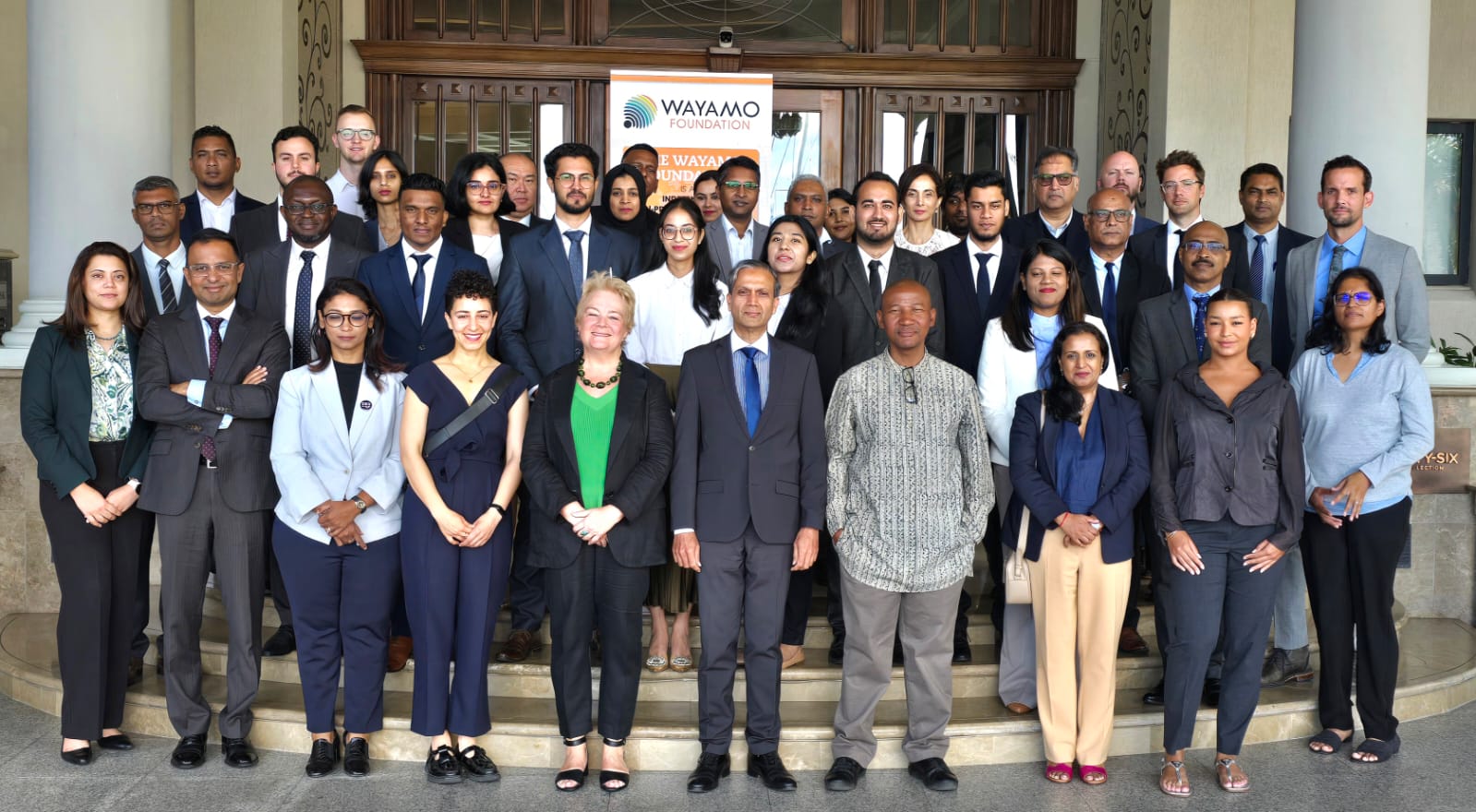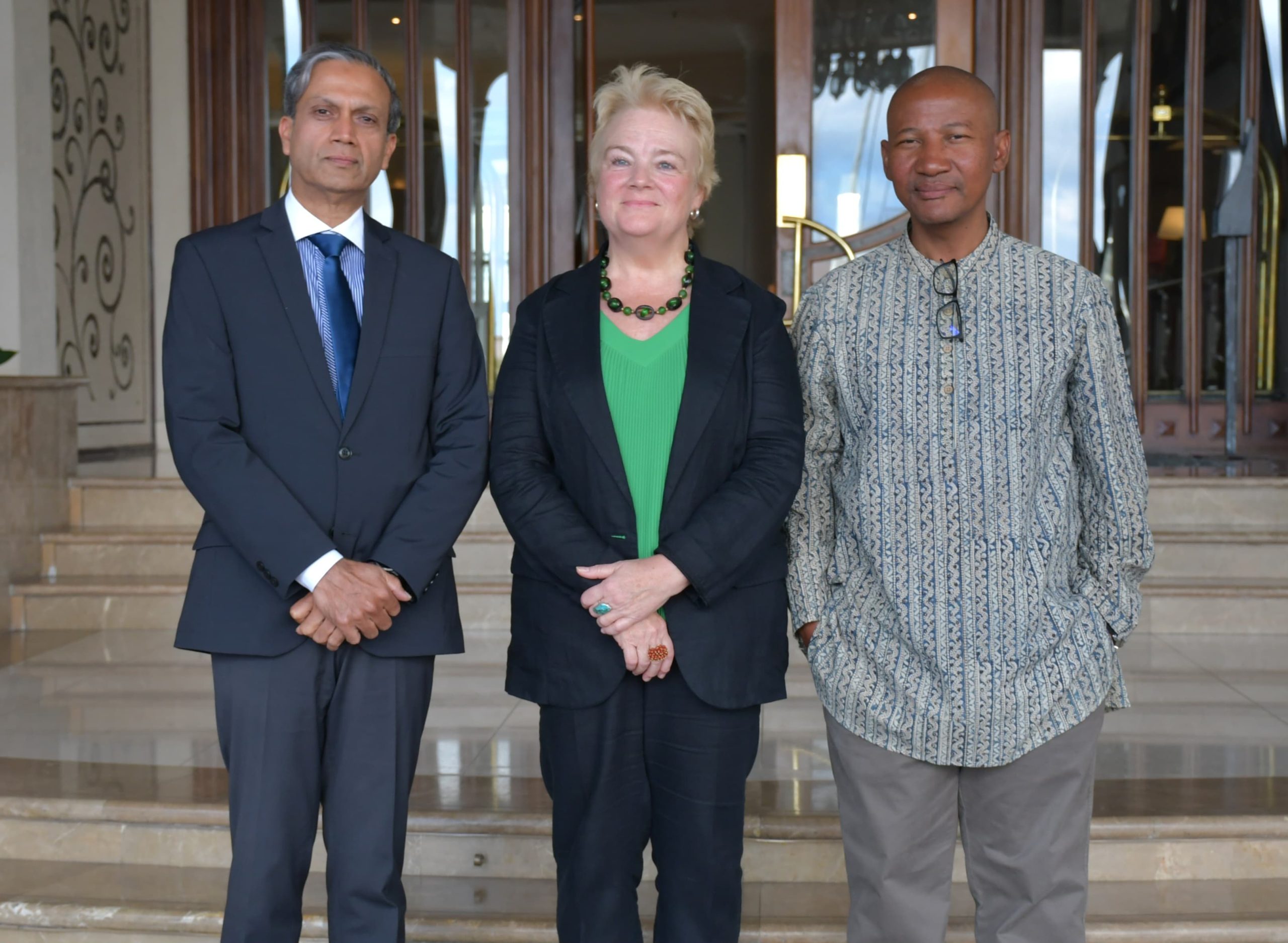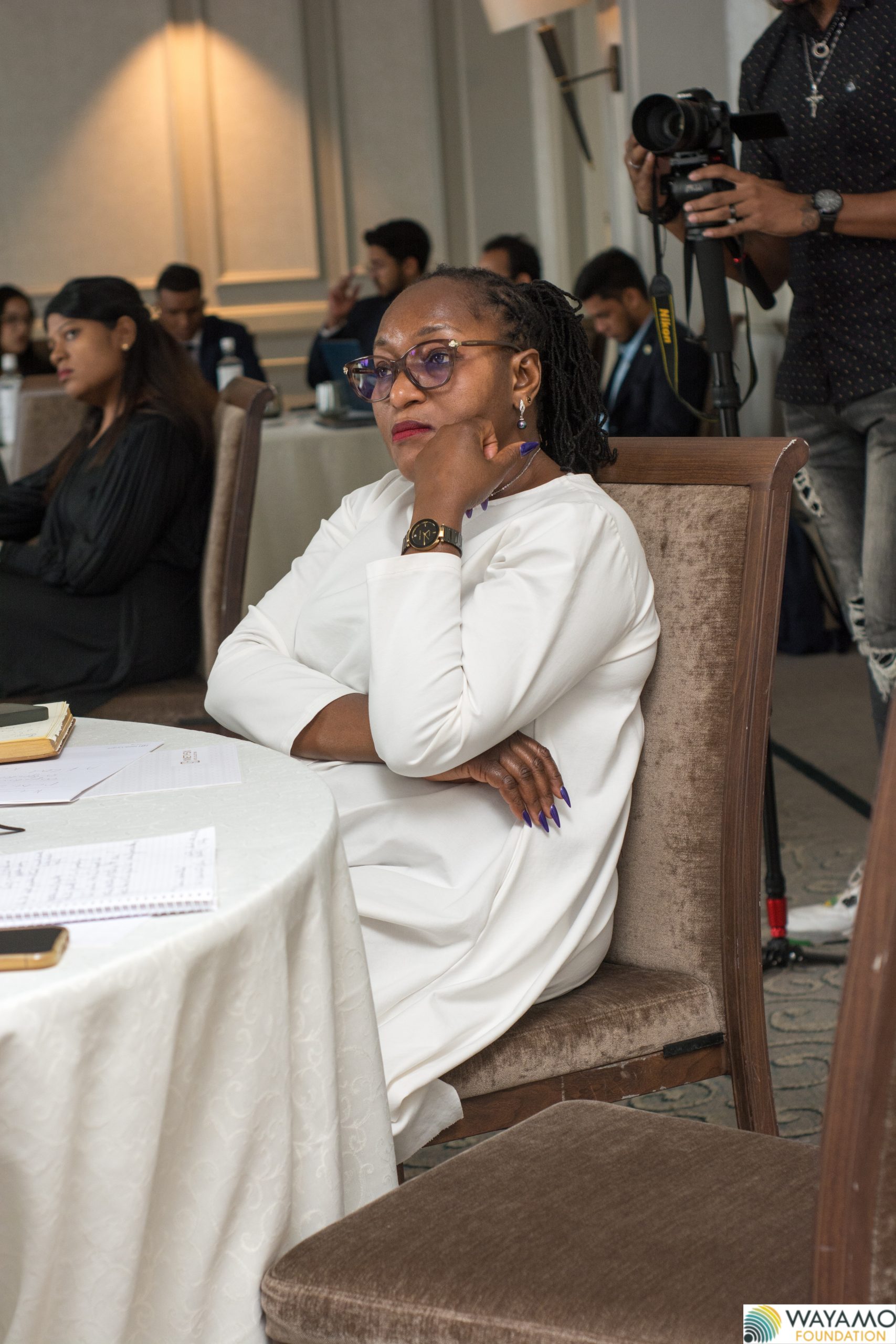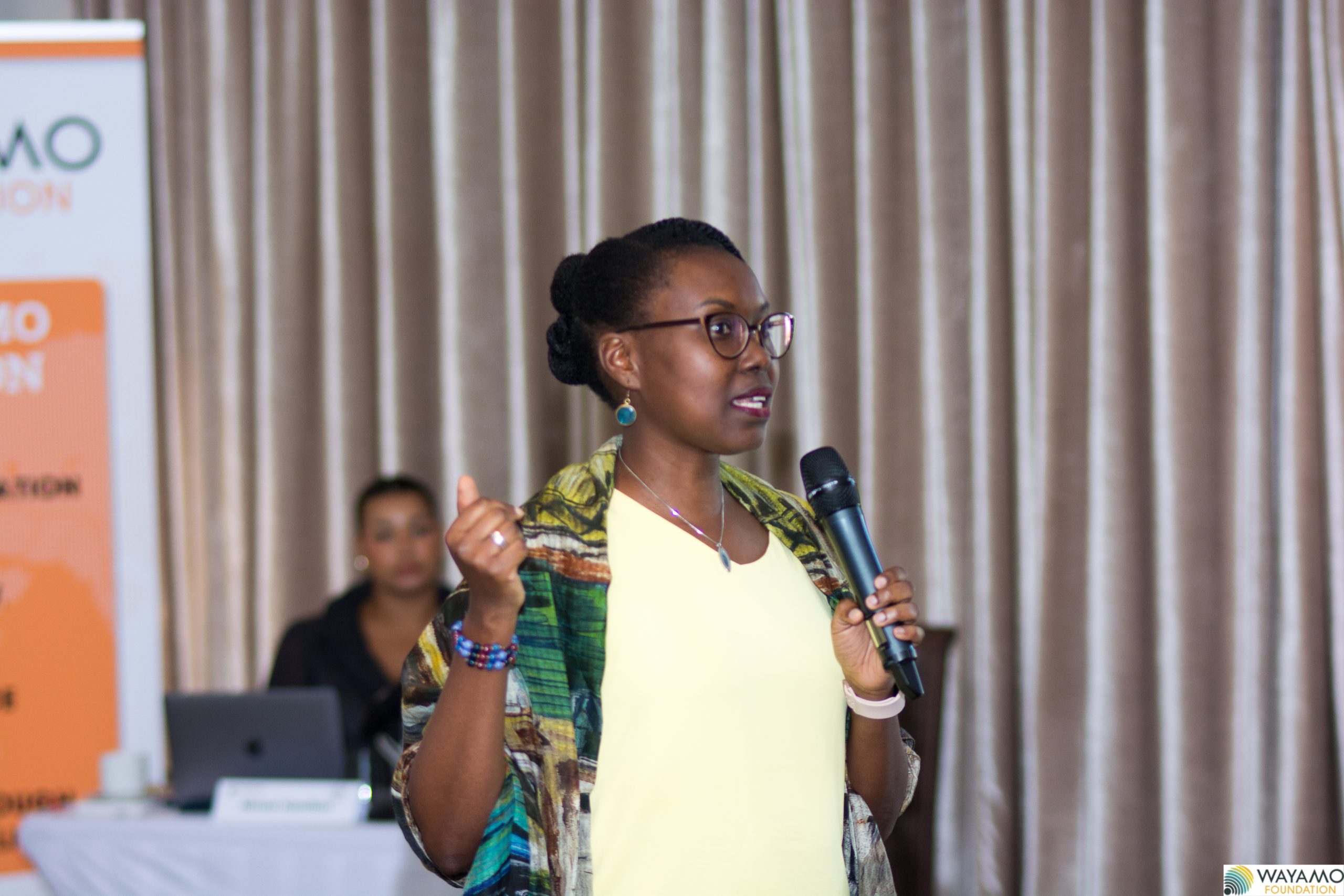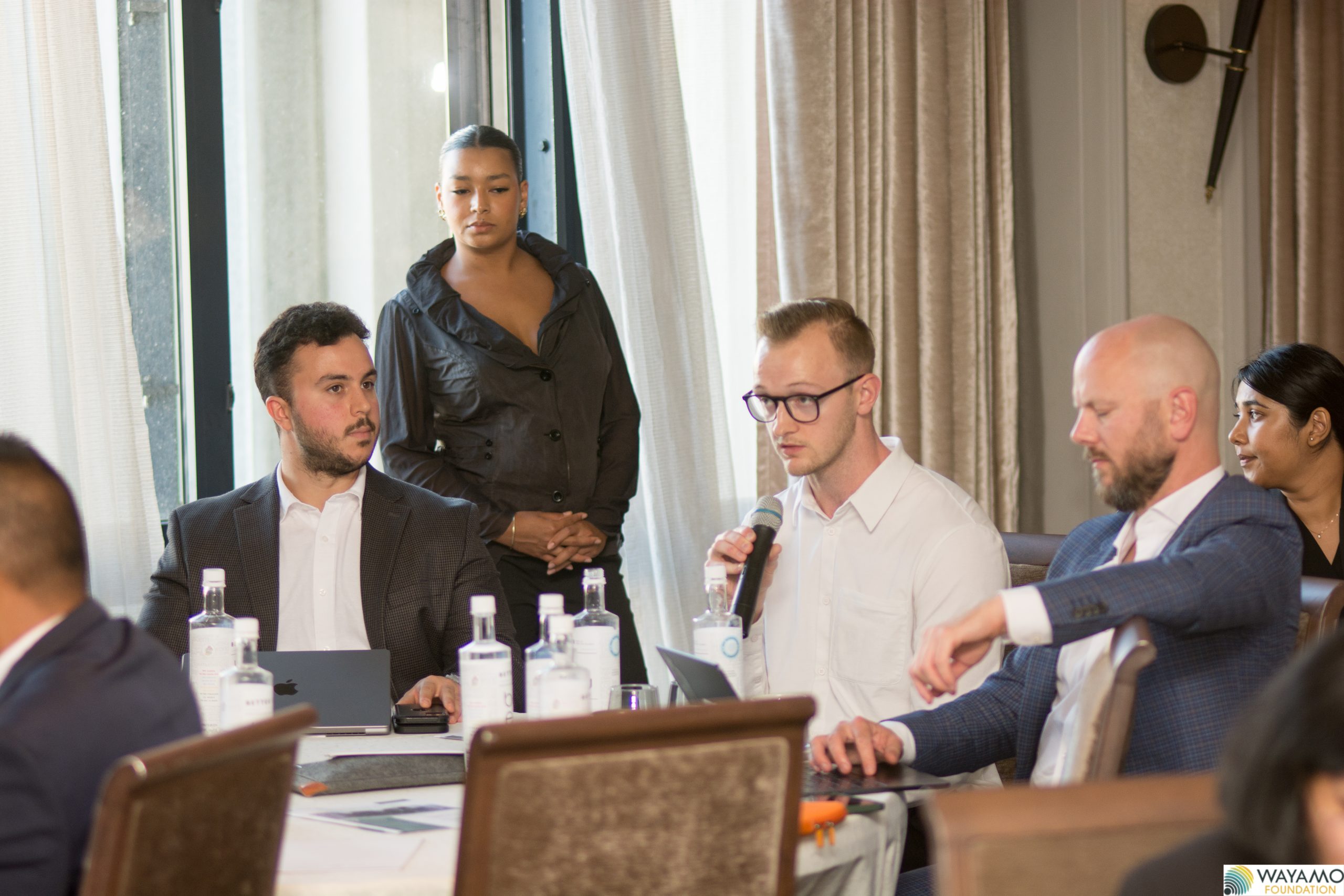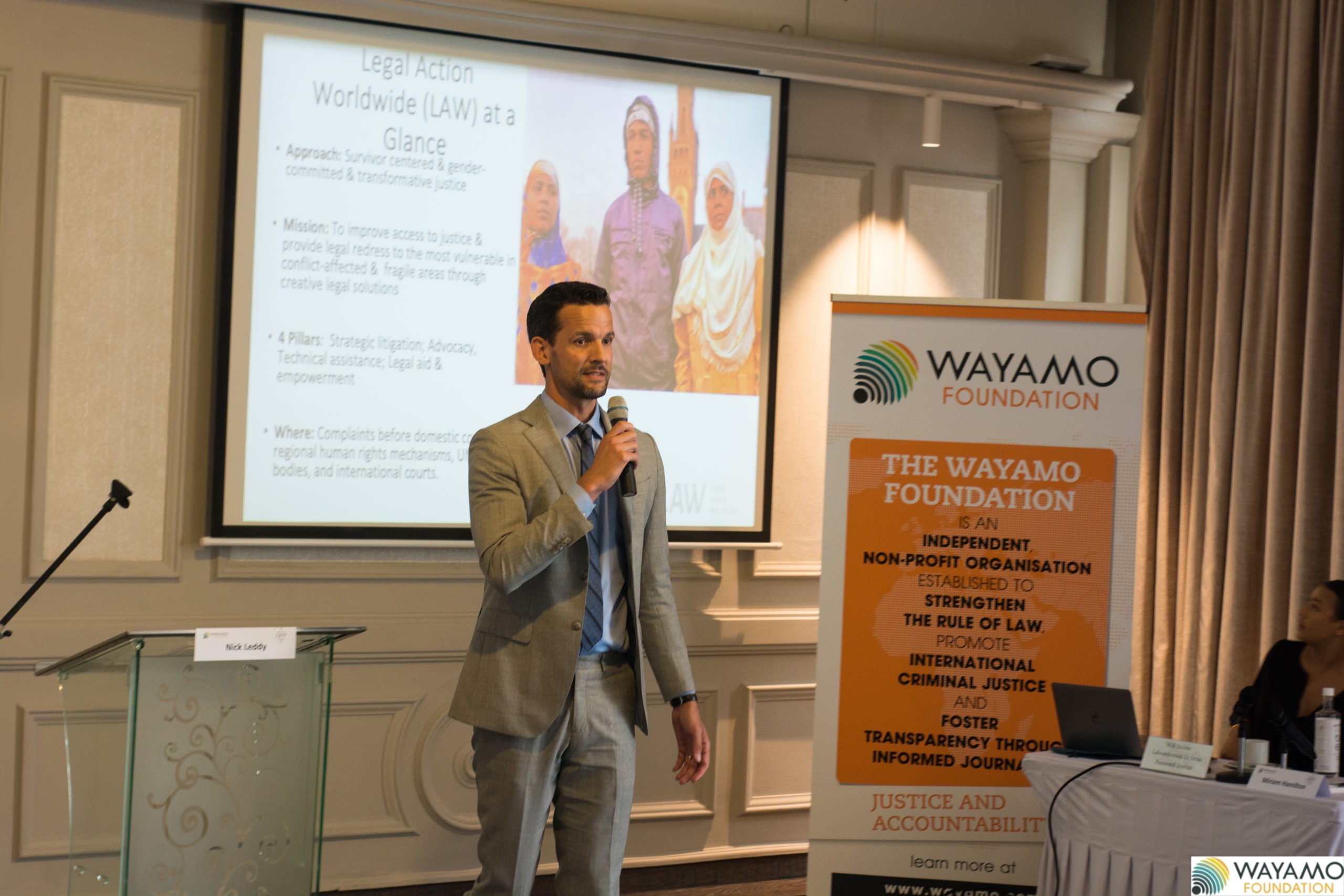From 2 to 4 September 2024, the Wayamo Foundation and the Mauritian Directorate of Public Prosecutions held a symposium on “Domestic and international accountability mechanisms for international crimes: new developments and opportunities”, which brought together international and Mauritian experts and prosecutors.
The joint Wayamo-DPP symposium explored timely and pressing questions concerning the tools available to states for addressing past atrocities and ongoing violations. Among other issues, speakers discussed the exercise of universal jurisdiction around the world and in the East African region, the role of digital open-source information and financial investigations, the part played by the International Criminal Court (ICC) and International Court of Justice (ICJ), and Kenya’s experience in applying the International Crimes Act (including its universal jurisdiction provisions).
In his opening remarks, the Mauritius’ Director of Public Prosecutions, Rashid Ahmine set the tone for the Symposium with his commitment to pursue the prosecution of international crimes.
“As the head of this country’s prosecution authority, I can affirm that we are committed to fight crimes in all its forms and the more so when it comes to international crimes. We have the relevant legislative framework, willingness and we are committed to this cause. We will address atrocities and deliver justice where we can. Many of you have travelled from far to come here today. Know that you have an ally and a friend here. If you think we can help, do reach out. We will play our part. We will cooperate. We will collaborate. We are all in this together.”
Following Ahmine’s remarks. Wayamo Director Bettina Ambach briefly outlined Wayamo’s overall mission work in line with the principle of complementarity alongside international courts, institutions, and domestic accountability mechanisms, in order to strengthen justice and accountability efforts in Africa through domestic capacity building.
The aim of the events was to reflect on the different accountability mechanisms for addressing serious human rights violations and international crimes, ranging from domestic criminal action to regional courts, UN investigative mechanisms, and international courts. While traditional criminal investigation methods remain essential, new forms of evidence such as open-source information are emerging as crucial ways of complementing and enhancing investigations into international crimes. Furthermore, when it comes to universal jurisdiction, participants explored why the majority of universal jurisdiction cases have taken place in Europe, despite the fact that countries like Kenya, Uganda, South Africa and Mauritius have universal jurisdiction on their statute books. There was great enthusiasm among those in attendance to practice universal jurisdiction, and to tackle international crimes more generally, in the region.
The symposium’s immediate goals were to:
- Contribute to accountability for international crimes at the domestic level
- Strengthen the capacity of investigators, prosecutors and judges to think ‘outside the box’ and use modern forms of evidence
- Sow the seeds of using universal jurisdiction for serious crimes committed in the region.
An audience made up of prosecutors, investigators, civil society, diplomats, academia and representatives from the Prime Minister’s and Attorney-General’s offices, was addressed by 13 renowned international justice experts from South Africa, the UK, Canada, Kenya, Nigeria, the USA and Mauritius itself.
The event was widely reported in the Mauritian media.
Speakers:
- Akingbolahan Adeniran, former Attorney-General of Ogun State, former ICC investigator and trial lawyer
- Adejoké Babington-Ashaye, International Law Expert
- Donald J. Bobbs, Analyst, Center for Advanced Defense Studies (C4ADS)
- Linda Bore, International Criminal Lawyer & Project Coordinator, Wayamo Foundation
- Amanda Ghahremani, Legal Consultant, International Criminal Law & Redress for Survivors of Atrocity Crimes
- Mikel Delagrange, Senior International Legal Advisor, Wayamo Foundation
- Mark Kersten, Assistant Professor of Criminology and Criminal Justice, University Fraser Valley, Canada, Senior Consultant Wayamo Foundation
- Christopher Kiyaseh, Analyst, C4ADS
- Nick Leddy, Head of Litigation, Legal Action Worldwide (LAW)
- Lady Justice Diana Mochache, Judge at the High Court of Kenya
- Jagganaden Muneesamy, Acting Assistant Director of Public Prosecutions, Mauritius
- Kaajal Ramjathan-Keogh, Director of the Africa Programme at the International Commission of Jurists
- Bill Rosato, Senior Investigator, Office of the Prosecutor, ICC
- Dire Tladi, ICJ Judge
Topics:
- The Potential for African States to use international law to address international crimes
- Beyond the International Criminal Court: mapping accountability mechanisms
- The core crimes of International Criminal Law
- An introduction to International Humanitarian Law
- Investigations at the ICC and modern forms of evidence
- Collaboration between investigators/prosecutors and civil society organisations: how to establish clear protocols and processes from the outset
Evidentiary standards in publicly available information - Investigating and prosecuting conflict-related sexual violence
- The concept of Universal Jurisdiction – why is it worth it?
- The application of Universal Jurisdiction in Mauritius
- The project of adjudicating international and transnational crimes in Kenyan courts
- Combating illicit financial networks in Africa and using publicly available information in asset tracing
- Strategic litigation experiences within the context of Universal Jurisdiction

